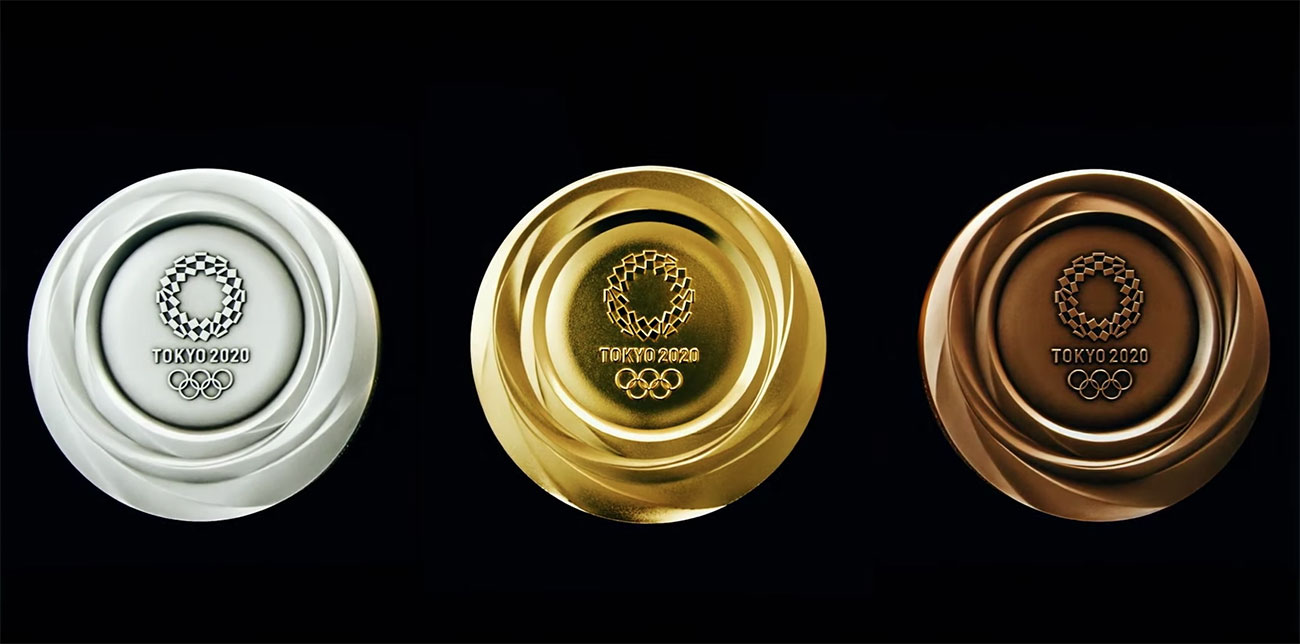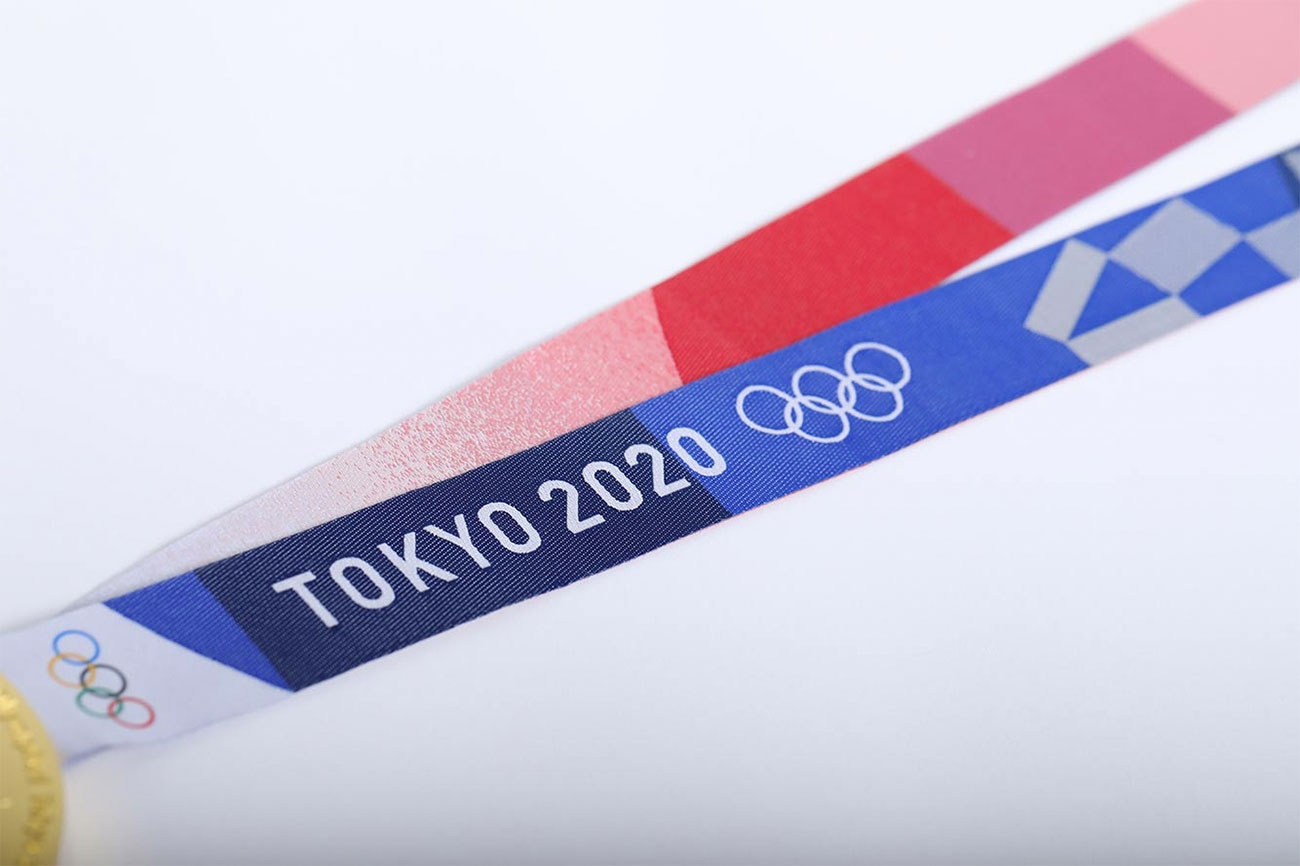Tokyo 2020 strikes gold with its recycled Olympic medals
Newly unveiled designs are all made from discarded electronics.

There's exactly one year to go until the 2020 Olympics kick off in Tokyo and to mark the date, the organisers have revealed the medals that all the competitors will be hoping to take home with them. And from a sustainability point of view, they're all winners.
While the medals at the Rio 2016 games were made from 30 per cent recycled materials, thanks for a drive by the games' organising committee, the Tokyo medals are fully recycled. It put the call out to the people of Japan to donate unwanted electronic devices, and from these it was able to reclaim all the metals necessary to make next year's medals.
There's been some controversy surrounding the Tokyo 2020 logo (many have argued that this concept logo is better than the official design), but with its recycled medal designs it looks like the organisers may have struck gold.
The Tokyo 2020 medals were designed by Junichi Kawanishi of SIGNSPLAN, and were chosen out of over 400 entries into the Tokyo 2020 medal design competition. Kawanishi's winning designs are based around the themes of light and brilliance, with the medals resembling rough, polished stones surrounded by concentric, overlapping rings. According to the Tokoyo 2020 organisers, the medals reflect myriad patterns of light, symbolising the energy and friendship of athletes and their supporters.
Both the silver and gold medals contain about 550g of recycled silver, with the gold medals plated with an additional 6g of recycled gold, while the bronze medals are made of 450g of red brass, which is 95 per cent copper and 5 per cent zinc, all recycled. That's not a bad haul of precious metals from discarded electronics, and the medals' green credentials don't end there.

To go with the medals themselves, the ribbons that they'll hang from are recycled too. Designed to reflect traditional Japanese chequered patterns and kimono layering techniques in a modern way, these ribbons are made from recycled polyester fibres that produce less carbon dioxide in their manufacturing process.
With approximately 5,000 medals to produce for the 2020 Olympics this has been quite an undertaking for the organisers, and it's impressive to see it all carried off in such an environmentally-friendly way that has involved the whole country. You can find out more about the medals at the Tokyo 2020 site.
Daily design news, reviews, how-tos and more, as picked by the editors.

Jim McCauley is a writer, performer and cat-wrangler who started writing professionally way back in 1995 on PC Format magazine, and has been covering technology-related subjects ever since, whether it's hardware, software or videogames. A chance call in 2005 led to Jim taking charge of Computer Arts' website and developing an interest in the world of graphic design, and eventually led to a move over to the freshly-launched Creative Bloq in 2012. Jim now works as a freelance writer for sites including Creative Bloq, T3 and PetsRadar, specialising in design, technology, wellness and cats, while doing the occasional pantomime and street performance in Bath and designing posters for a local drama group on the side.

